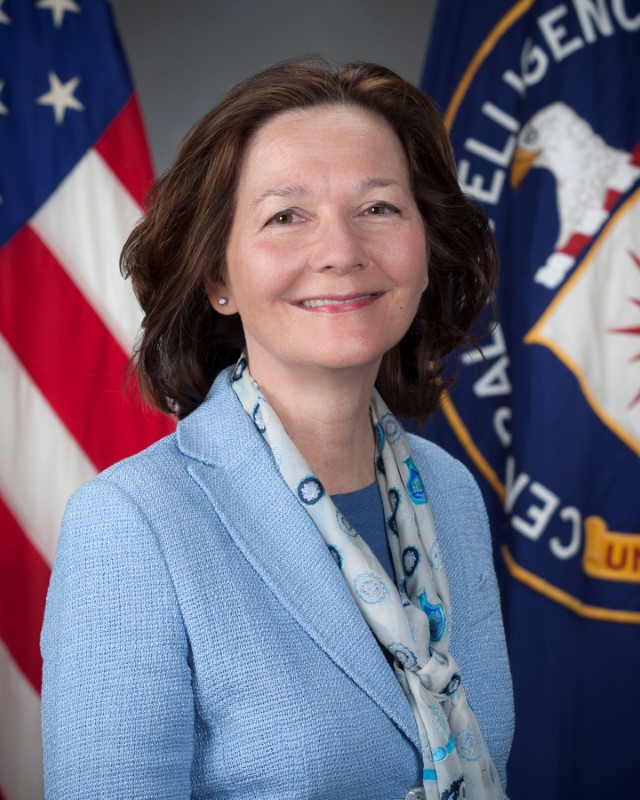By Mark Hosenball
WASHINGTON (Reuters) - Three Senate Democrats complained on Wednesday that the CIA is refusing to make public important information about Gina Haspel, the senior undercover officer President Donald Trump has nominated to be the intelligence agency's next director.
Senators Dianne Feinstein, Ron Wyden and Martin Heinrich, members of the Senate Intelligence Committee, said in a statement that the Central Intelligence Agency's response to congressional requests for information on Haspel's career at the agency has been "wholly inadequate."
The senators' complaint raises new questions about whether Haspel will have enough support in the Intelligence Committee and the full Senate to win confirmation.
"Concealing her background when no sources and methods are at stake shows nothing but contempt for the Senate and public," the senators said. They said the public needs to know more about Haspel's role as "a senior manager for a program that has been shown to be deeply flawed, as well as a number of other disturbing facts about her record."
Haspel served as chief of the CIA station in Thailand when the agency was operating a secret prison there. In 2002 suspected Islamic extremists captured before and after the Sept. 11, 2001, attacks on New York and the Pentagon were questioned there using "enhanced interrogation techniques," including waterboarding, that later were condemned as torture.
A 2011 internal CIA review cleared Haspel of wrongdoing, according to a memorandum the agency declassified and released on April 20. [L1N1RX1YV]
Late on Tuesday, the CIA sent Heinrich a letter saying all senators should be given an opportunity to review "important materials" about Haspel that remain secret in "appropriate classified forums." The agency said it was "actively working" to declassify more information about her.
During President Barack Obama's administration, the intelligence committee, then chaired by Feinstein, investigated the CIA's rendition, detention and interrogation program. The agency gave congressional investigators access to some of its top secret files, but the three Democratic senators said files with details of Haspel's role in the program remain classified.
In a December 2011 memo that the CIA recently made public, Michael Morell, then the agency's deputy director, reported that while serving at CIA headquarters in 2005, Haspel drafted a cable authorizing the destruction of videotapes of some of the harsh interrogations.

Morell said Jose Rodriguez, then Haspel's boss and head of CIA undercover operations, sent the cable overseas without notifying Haspel or obtaining then-CIA Director Porter Goss's approval.